August 16, 2022
Confidence, capability and capacity: The state of HR in 2021 with Perry Timms
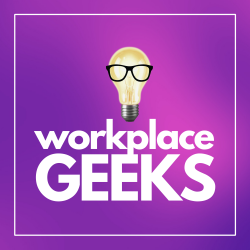 In this final episode of the current season of Workplace Geeks, Chris and Ian welcome the inimitable Perry Timms, HR magazine’s most influential thinker of 2022. Perry heads up PTHR, a B Corp-certified organisational design, performance and change consultancy that most definitely walks its talk, has written two books, and holds various academic positions. The discussion takes ‘The state of HR: 2021’, a report he wrote last year with Anna Hobson and Katy Stanley for HRZone as a starting point, and explores current and future themes for HR, workplace professionals and business more broadly. (more…)
In this final episode of the current season of Workplace Geeks, Chris and Ian welcome the inimitable Perry Timms, HR magazine’s most influential thinker of 2022. Perry heads up PTHR, a B Corp-certified organisational design, performance and change consultancy that most definitely walks its talk, has written two books, and holds various academic positions. The discussion takes ‘The state of HR: 2021’, a report he wrote last year with Anna Hobson and Katy Stanley for HRZone as a starting point, and explores current and future themes for HR, workplace professionals and business more broadly. (more…)





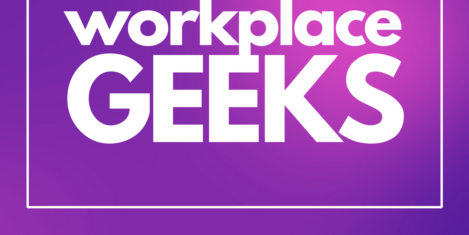








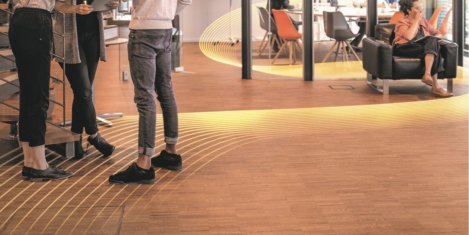
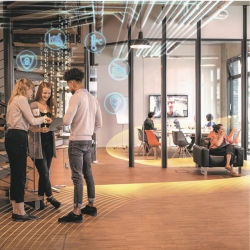
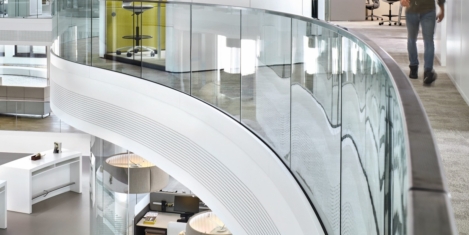
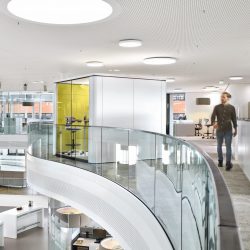 The current debate about how much space we will need in the office from now on is not new. As with many of the debate’s facets, the point at which we find ourselves has long been our destination. We’re just here earlier than we might have expected.
The current debate about how much space we will need in the office from now on is not new. As with many of the debate’s facets, the point at which we find ourselves has long been our destination. We’re just here earlier than we might have expected. 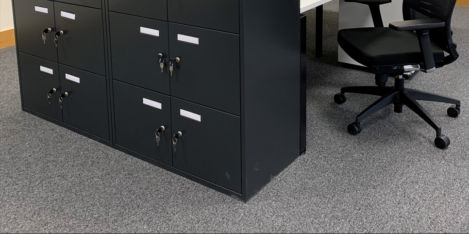
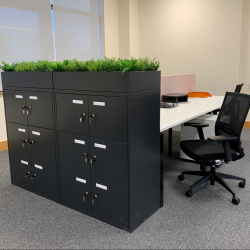



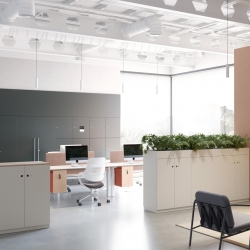










August 25, 2022
How Microsoft’s social listening research highlighted changing attitudes to work
by Camila Angio • Comment, Technology, Wellbeing